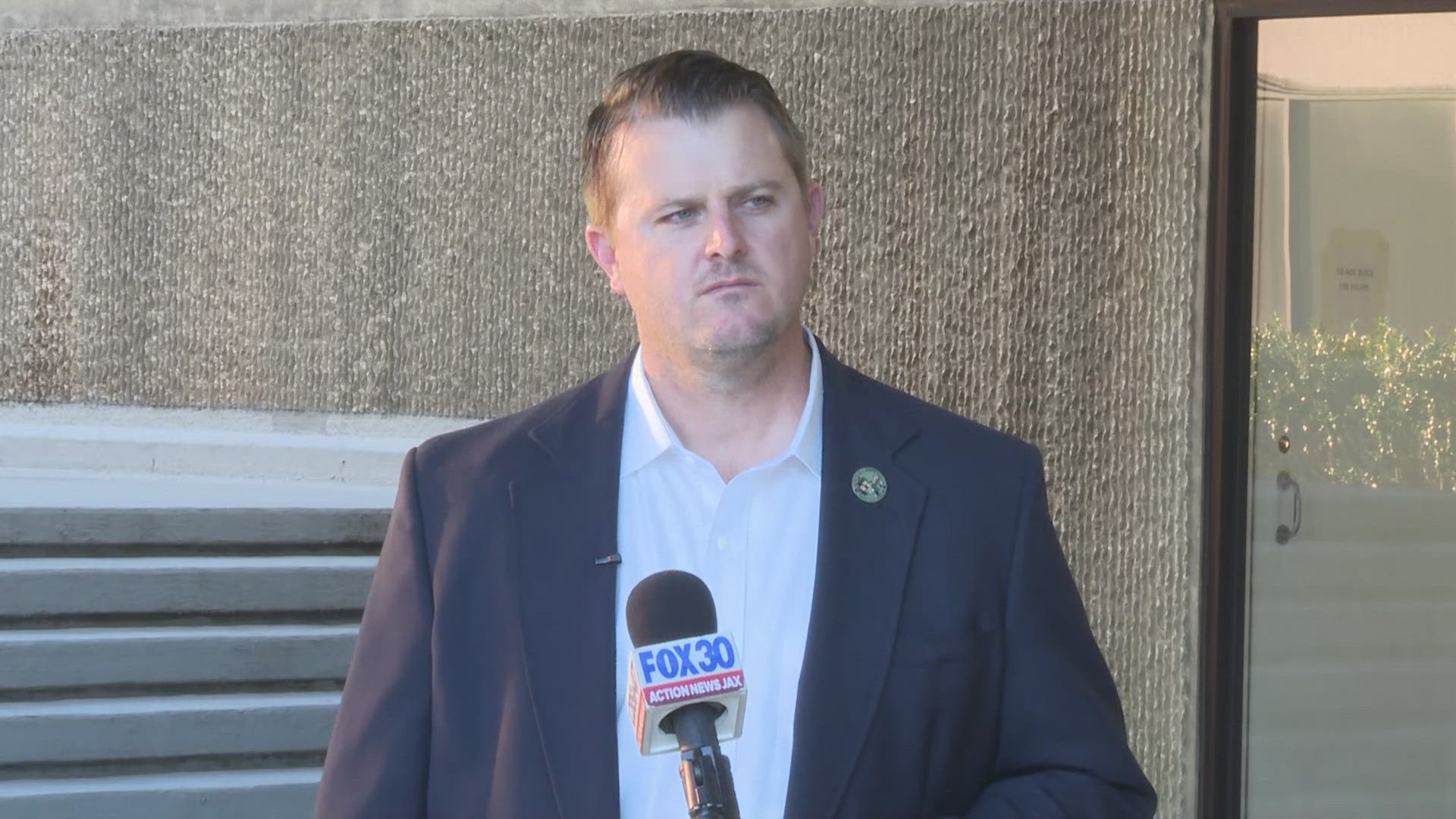JACKSONVILLE, Fla. -- It's the latest technology in brain surgery, and it's right here in Jacksonville. The new technology at Baptist Medical Center puts 3-D images of a patient's brain or spine at a doctor's fingertips.
The device, affectionately called "Buzz," looks and acts like a large smart tablet and will be part of three new surgical suites built in the medical center's Weaver Tower.
Medical technology manufacturer, Brain Lab, developed the device to help neurosurgeons analyze the best way to attack a brain tumor before operating.
"You get a mixture of two-dimensional and three-dimensional images for the surgeon to get a better understanding of the preoperative procedures," explains Brain Lab Marketing Manager, Conrad Rodas.
Rodas said the device has been about five years in the making, and will not only allow doctors to better plan for surgery, it will help them during the procedure.
Which is something that Baptist oncologic neurosurgeon, Dr. Michael Petr, said will help make the operation more precise.
"We do the operating in [one room] and when you want to do an intra-operative MRI, we could partially close the head, under sterile conditions, package the patient appropriately to make it across the hall under sterile conditions, they would get their MRI and be brought right back here where they can be un-packaged, so to speak -- on a ventilator the entire time -- and they can easily be re-registered there's a mount that goes on the head rest, that will re-register them to the Brain Lab system and align their new MRI so we can do all this data work with the new information," he said.
The new information will help doctors to determine whether they have completely removed a tumor.
"With an operating room microscope, tumor and normal brain often look very much alike," Petr said. "The MRI knows the difference and certainly after we are able to map out where function is and whether tumor has displaced functional areas or grown through them, given the fact that many times it displaces that function, it will allow us to get more out. Which, in essence, allows us to extend the patient's life expectancy and/or give them cure more likely if we didn't have that technology."
Buzz also serves as a form of GPS for a doctor during brain surgery, because once in the operation, the brain can shift slightly. The images from the MRI and CT scans can be taken in real time and shown on the screen to help guide surgeons during the procedure.
Five Baptist neurosurgeons and three pediatric neurosurgeons with Wolfson Children's Hospital will be using Buzz technology. The first surgery is scheduled for Tuesday, December 11th.

